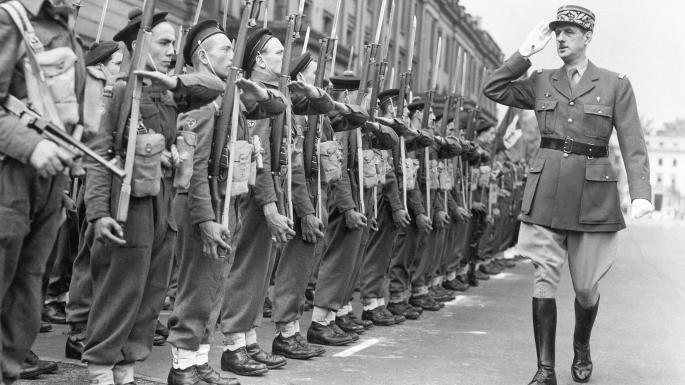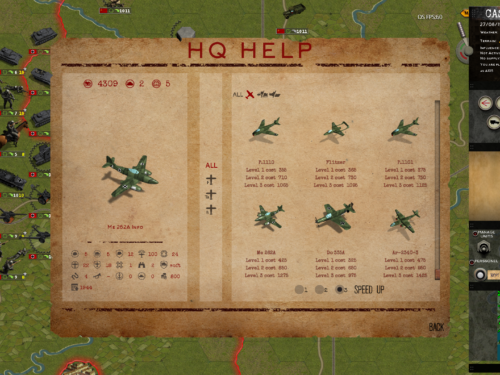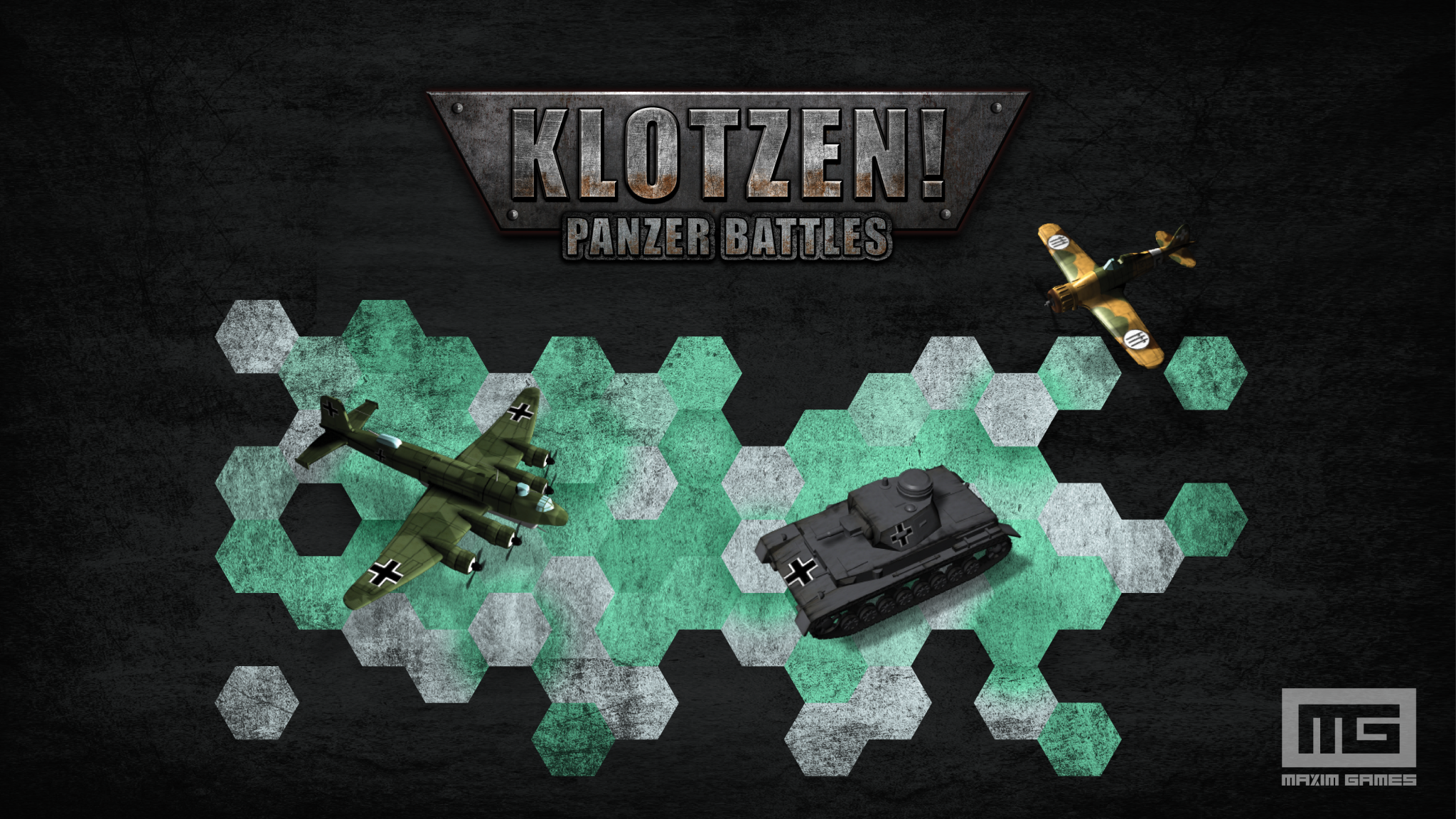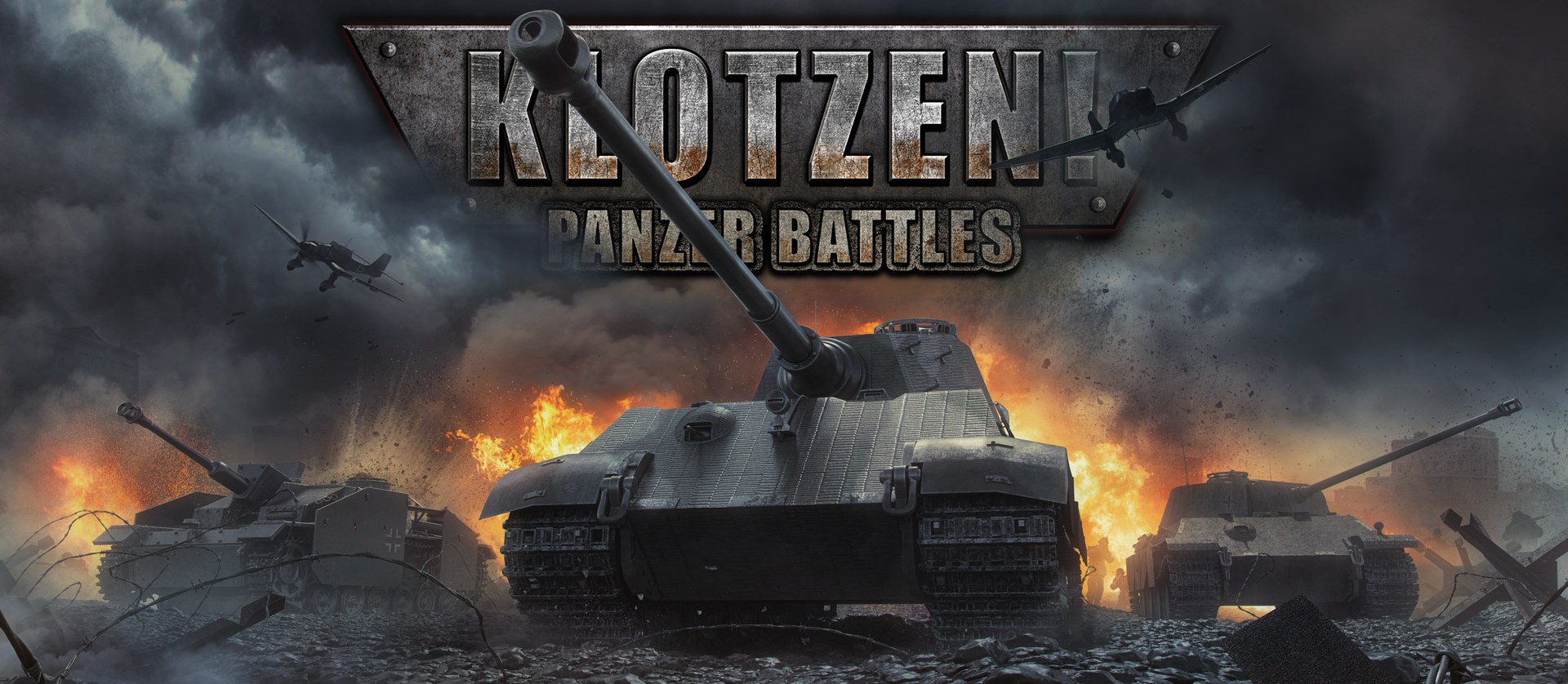Welcome to the next edition of our Blog. In the previous chapter, we talked about Wladyslaw Sikorski and Poland before the start of the WWII. Today we take a look at Charles De Gaulle and France.
Charles De Gaulle and France
De Gaulle was an officer and primarily a soldier than a politician. His political activity started as a result of winning the war. However, in the post-war period, he showed an enviable political resourcefulness and was responsible for the meteoric economic growth of France. He was a classic western liberal, but his transformation from a soldier to a politician left a trace of rigor and simplicity on his political vision.
De Gaulle urged for a fight against Germany at the time when France was on its knees, and everyone else was talking about surrendering. Therefore, he was and still is very appreciated in France, but also in international political circles. During the war he was a military commander and as such enjoyed the support of the army that followed him unreservedly. He was democratically elected president after the war, which only confirmed his popularity.
Charles de Gaulle was and remains a symbol of the French resistance to Germany. He died in 1970 of a ruptured blood vessel.
Free France
France welcomed the end of the First World War as a winner, better yet as one of the three leading countries of the Entente. Their war losses were enormous. France lost almost 5% of its total population in the war and they suffered terrible economic losses, especially in those parts close to the front. This led to their resentment and the desire to punish Germany. The wish for the political and military marginalization of Germany guided the French foreign policy in the interwar period.
The following years were marked by the political and economic crisis that will become characteristic for France up until the capitulation. The divisions in society were great, and the damage from the war hampered the economic recovery. The 30s proved that France had become a secondary European country while it used to be one of the world powers. The fear of Germany, which was recovering rapidly unlike France even though it was defeated, resulted in the construction of the Maginot Line (a system of fortifications and bunkers along the French border with Germany in order to gain a defensive advantage in case of a new war which France had feared). Despite all the measures, France joined the British policy of appeasement of Hitler and gave its consent to the division of Czechoslovakia.
The political crisis that had lasted nearly two decades overflowed on the army, especially the officer cadre. When the threat of war became evident, French military plans weren’t adapted to the new military doctrine and technology. This led to a quick defeat in the spring of 1940. The peace agreement that Germany had imposed was extremely strict. The entire northern and western part of France, a total of more than half of its territory, remained under German administration until the end of the war, while in the south of France a puppet state under the leadership of Marshal Petain was formed. Not everyone accepted the capitulation. Thus, General Charles de Gaulle fled to London where he called for French resistance and not accepting the occupation through the radio. De Gaulle organized French troops in the colonies, especially those in Central Africa, and started a limited combat against the Axis.
After the Allied operation known as Torch, the territory of the French colonies in Africa came under Allied supervision. In 1944, De Gaulle commanded with 400 000 highly trained and experienced soldiers who actively participated in the invasion of France in Operation Overlord and Operation Dragoon. After the invasion of France, the army had about 1.3 million soldiers making it an enviable fighting force. De Gaulle emerged as the logical choice for the political leadership after the war and was elected President for several terms. He was responsible for the political and economic reconstruction after the war, but at the end of his life, De Gaulle faced social problems that he did not understand. He resigned as President in 1969 and died the following year.
Industry and Army Development
France greeted the end of the First World War as a force with the largest land army and enviable aviation and navy. The political and economic crises that had haunted France throughout the interwar period did not prevent the development of the military in the technical sense. France was destroyed in the First World War more than any other country and its industry suffered as a result. Because of the trauma of the war, but also their real economic needs, France had insisted on Germany`s early reparations more than other countries, and therefore in 1923, France occupied the Ruhr region of Germany, because of its rich coal mines – when Germany was not able to pay the war reparations.
Unlike Germany, France resolved its lack of natural and strategic resources through its colonial empire. Their fear of Germany, combined with an enviable economy and colonial empire, was a successful formula for the modernization of the army. At the beginning of the war, their aviation caused envy and was weaker only from the German aviation, even though some planes were out of date and the pilots were poorly trained when compared to those of Germany. The French Navy had also been among the most modern in the world; although it did not come to the forefront due to Germany`s rapid victory. Their armored units were not as high-quality as Germany’s or the Soviet’s, though they were numerous. When the battle for France began in 1940, the rapid defeat that followed was shocking. At that time, The French army was the second most powerful force in the world, after Germany. All the branches of the military were developed and numerous. The political crisis, the demotivation of the army, and the incompetent officers’ cadre were the main culprits for the defeat. France`s defensive military doctrine also proved to be an important factor in the defeat because the Maginot line was sidestepped and “run over” from behind in a short period of time (although its only task was to defend France from German attacks).
The Battle of France is the best example of how a motivated army with better leadership can defeat a force of similar strength without significant losses.
This is it for our Blog today. Tell us what you think about the topic and if you have any suggestions or want to discuss them, you are more than welcomed to do so in the comments below, on our forum, and on Steam Community Hub. Until next time!




Recent Comments